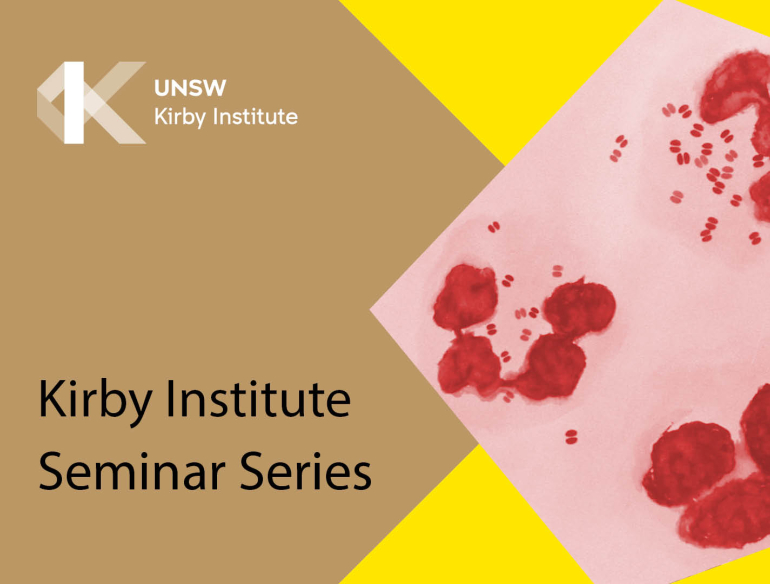Please click on the link just before the start of the webinar
Abstract
Dengue, along with other vector-borne diseases, constitutes a significant public health concern worldwide. Bangladesh has experienced annual outbreaks of dengue since 2000, which has strained its healthcare system. Moreover, the impact of climate change further compounds the challenge, as it affects the proliferation and development of the mosquitoes that act as dengue vectors. In our study, we investigated the future risk of dengue epidemics in Bangladesh using mathematical modelling. We find that dengue transmission may either increase or decrease in the future, depending on the specific time period and climate change scenario under consideration. However, dengue season is likely to expand to include months of the year when there are currently no recorded cases of the disease.
Dr Kishor Kumar Paul
PhD Student, Surveillance and Evaluation Research Program, Kirby Institute
Kishor Kumar Paul, a physician and epidemiologist, is presently pursuing a PhD at the Kirby Institute. Previously, he served as a research scientist at icddr,b in Bangladesh, where he conducted research on tuberculosis epidemiology and the transmission of vector-borne diseases like dengue, chikungunya, and Japanese encephalitis virus. His current research for his PhD focuses on evaluating the effect of changing climate on dengue transmission in Bangladesh.
Opinions expressed by individuals at this event are solely of those of the individual/s and do not necessarily represent the views or opinions of the Kirby Institute or UNSW.
